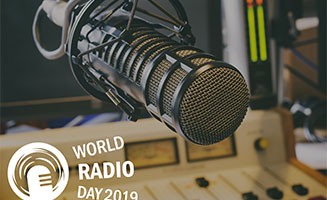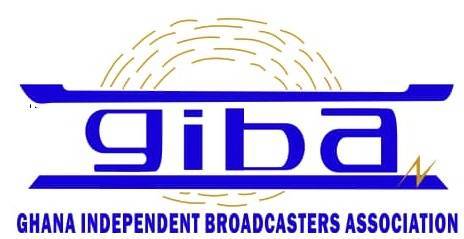- February 12, 2019
- Posted by: emblisha
- Category: Uncategorized

Radio broadcast is one of the world’s greatest successes, with radio stations having similar programming styles such as talks, sports news, religious programmes, weather, news and current affairs, and programmes of interest to women and children. From the time when most countries only had radio stations owned and operated by the government to the present day where a dual system of public and commercial/private radio broadcasting is in operation, countries and economies have been built or destroyed through the power of the radio.
Radio broadcasting was first introduced in Ghana in 1930 and it consequently became an important vehicle for providing information. Since 1995 when the airwaves were liberalized in Ghana with the authorization of the first privately owned radio station, Joy FM, hundreds more have been authorized. While this is laudable, the question is how are broadcasters, politicians, regulators and the general public best leveraging radio as an important tool for societal change and socio-economic development. Prof. P. A. V. Ansah once stated that “one achievement of radio in Ghana has been the forging of a common sense of national identity”.
The Ghana Independent Broadcasters Association (GIBA) was formed as an association of authorised and operational non-state owned, private broadcasting organizations to promote members’ common interest in 1996 soon after the liberalization of the airwaves. The membership is open to all authorised and operational non-state owned, private and independent broadcasting organisations, i.e. radio, television, web casting and other forms of broadcasting. They may be commercial (profit) or community (non-profit) stations. Since incorporation, GIBA has successfully embarked on several advocacy roles for the broadcast industry especially for radio broadcasting.
Notable in recent times are instances such as in 2016, when the Supreme Court unanimously passed judgement on the unconstitutionality of certain provisions in the National Media Commission Content Standards Regulations, LI 2224 requiring operators to seek approval for their content. Again in 2018, the Electronic Communications Tribunal (ECT) unanimously ruled that penalties imposed on affected GIBA radio station members by the National Communications Authority (NCA) pursuant to the NCA’s Nationwide FM Broadcasting Audit, were unlawful and proceeded to quash same as there was no legal basis for the imposition of the penalties as prescribed in N(7) of the Schedule of Penalties and that there were other applicable sanctions that the NCA could have lawfully deployed but which it chose not to.
Over the years, it has been noted that, radio has played a very important role in the Ghanaian economy by educating and sensitizing the general public, whiles providing the platform for dialogue and civic participation to the Ghanaian to promote effective local governance. The production and broadcast of programmes that focus on governance issues at the local level enhance opportunities for citizens’ participation. Radio stations are able to achieve this by mobilizing, setting the agenda, supporting and encouraging citizens to contribute to local community development efforts.
Annually, February 13 is celebrated as World Radio Day. In Ghana this year marks twenty-four (24) years of private commercial radio broadcasting. This is a time to celebrate, and this year’s theme of “Radio and Dialogue, Tolerance and Peace” is very apt in that it calls to mind the critical role of radio in promoting dialogue, tolerance and peace. Already, radio stations by their work and very mandate are constantly promoting dialogue through their daily interactions with the general public by way of phone-ins, messages and contributions.
On Wednesday, February 13, 2019, the Executive Council of GIBA would like to encourage all GIBA radio station members to up their games in effectively and efficiently making use of the medium they have to improve co-operation between broadcasters, policymakers and the general public while boosting the promotion of access to information, freedom of expression, gender equality and social inclusion.
Across the world, radio has been known to play a vital role in promoting tolerance and peace in a divergent world to safeguard the growth and development of economies. In today’s modernized world, the burden is now more than ever on radio stations to diligently perform their duties to promote socio-economic development in a peaceful environment. We must not lose sight of the fact that there have been recorded cases of some of the negatives of radio, however, it is always best to dwell on the positives. The Executive Council thus wishes to remind all members to ensure that their various radio stations are used to preach tolerance of opinions and national peace.
Members are encouraged to plan activities to celebrate the World Radio Day 2019 (WRD2019) on Wednesday, February 13, 2019, and to grant the opportunity to the general public, colleague radio owners and managers, and not forgetting other forms of media to share their views about radio broadcasting, how it has impacted lives and activities, and how its use can be improved. Members may also visit the World Radio Day 2019 website www.diamundialradio.org/home to take advantage of exciting themes.
